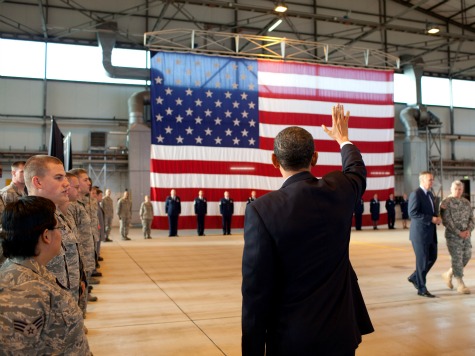
As the scheduled 2014 draw-down of U.S. troops in Afghanistan draws closer, a report of how Obama leaned on a select group of political operatives for foreign policy decisions–including decisions relating to Afghanistan–has been released.
This report seems to confirm fears that Obama has approached foreign policy in ways similar to those followed by Presidents John F. Kennedy and Lyndon Baines Johnson during the Vietnam War. Like JFK, Obama had a brain trust through whom all decisions were “funneled.” And like LBJ, decisions were then made (or not made) based on how they would impact the political climate at home.
According to the report, during Obama’s first term:
The president had a truly disturbing habit of funneling major foreign policy decisions through a small cabal of relatively inexperienced White House advisors whose turf was strictly politics. Their primary concern was how any given action in Afghanistan or the Middle East would play on the nightly news, or which talking point it would give Republicans.
Because this tact was followed, promises of a 2014 troop draw-down have been promulgated to appease Americans who are tired of war. Yet the reality is that an undetermined number of troops, special forces, drones, and operators will remain in Afghanistan long after 2014.
In saying one thing but doing another, the Obama administration has told the American people exactly what they want to hear, just as LBJ did from 1963 until the TET Offensive in January 1968. And because of this, the war in Afghanistan will still be there for the next administration to end, just as LBJ left Vietnam for Richard Nixon to deal with.
As the report says, what is perceived as foreign policy prowess on Obama’s part is really not so much “about accomplishments in Afghanistan or the Middle East” as it is “with how U.S. actions in that region have been reshaped to accommodate partisan political concerns.”

COMMENTS
Please let us know if you're having issues with commenting.